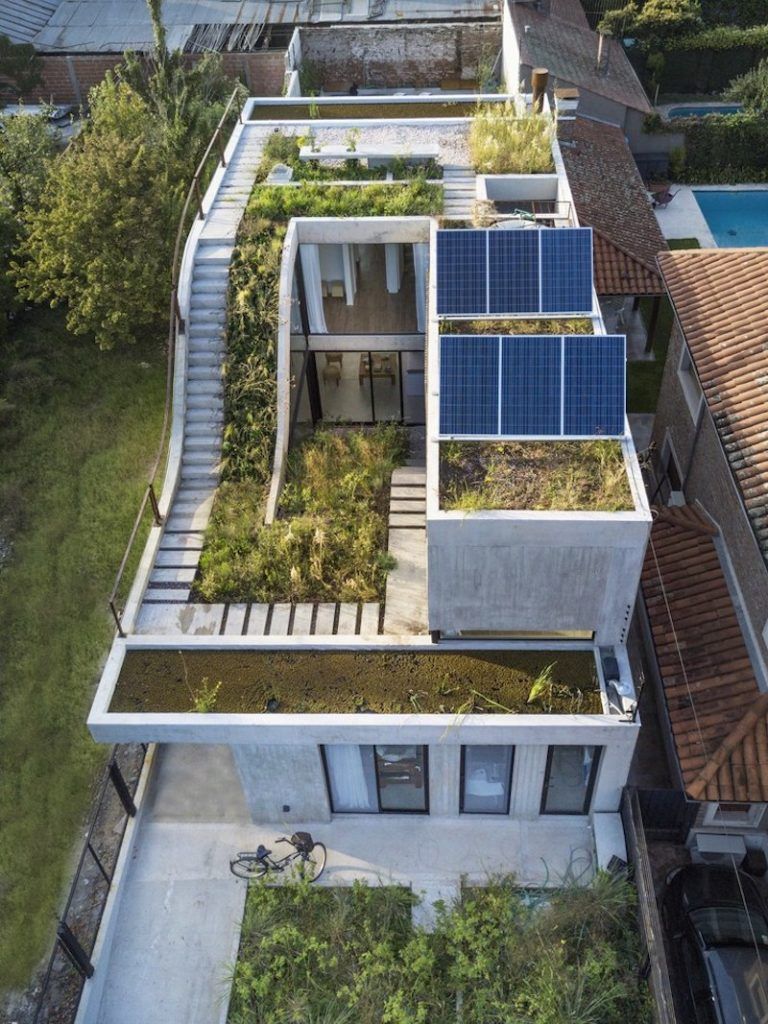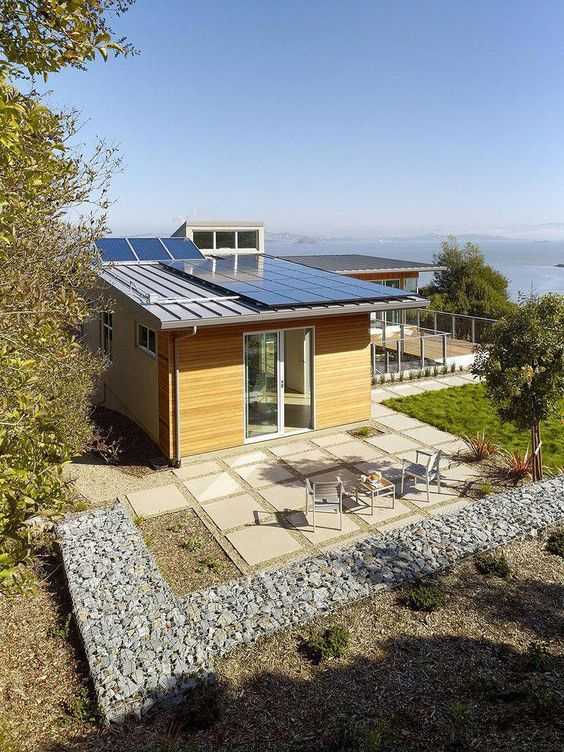
3 Factors That Make Your Home A Good Candidate For Solar Panels
Nowadays, homeowners are opting to install solar panels to generate power apart from the grid. Solar panels are an excellent way to reduce electric bills, lessen carbon footprints, and provide various advantages, including supporting businesses and creating job opportunities.While studying the legality and potential contractual agreements related to solar panel installation at your home, reading online legalzoom reviews could provide useful insights into legal issues.
If you want the benefits of a solar source, you may be wondering how you can get started. Well, the first thing is to ask yourself: Is your home solar-ready?
Several considerations determine whether a house is suitable with a solar panel. To evaluate whether solar panels are for you, here are some key factors to consider:
1. Homeownership

Only the homeowners can authorize the installation of a solar panel. If you own your home, you are ready to implement residential renewable energy solutions and begin enjoying the benefits instantly.
Meanwhile, if you are renting, you’ll need to talk to the landlord first. Landlords may be hesitant to invest in solar energy because the financial gains will only be obtained by the tenant.
However, you can negotiate with them by discussing the benefits. For example, you can talk to them about tax deduction incentives for contributing to energy independence. You can also tell your landlord that solar panels increase property value. Or you can discuss leasing solar power.
2. Roofing
Rooftops are an excellent location for installing home solar panels. Your roof is usually the least shaded area on your property. Since it is far from the ground, a roof is out of direct danger and near to existing electrical wirings. Your roof often does not require any modifications to accommodate solar panel installation. To assess your roof’s capability, there are three criteria to ensure a long-lasting and regret-free solar installation:
- Useful Life
Most solar panels have a useful life expectancy of at least 25-30 years. Your roof should be as long-lasting as the solar panels it will house. While solar panels can be removed to allow for re-roofing, this is frequently too costly to do so. Installing PV panels on a roof at the time of replacement is more cost-effective.
That’s why if your roof is nearing the end of its useful life, you should consider replacing it before installing solar panels. Your roof would have to be removed and replaced before the panels could be installed. But if your roof is already in good condition, you can install solar panels and leave them there for a long time.

- Orientation
To maximize the return of your solar investment, you’ll want to make sure your roof has enough sun exposure. You can get the best orientation for solar panels and arrays by positioning them according to the angle facing the sun directly.
If you live in the Northern Hemisphere, a south-facing roof will be ideal for you. And a north-facing roof will be for those who live in the Southern Hemisphere.
- Material
Your house may be suitable for solar panels if your roof is made of fragile materials. The best candidates are roofs with durable materials such as composite or asphalt shingles and even concrete tile. If your roof is made of clay with composite metal or mortar, you can still go solar, but you’ll need to hire someone to install your panel intricately.
If your roof’s structure and materials aren’t suitable for an efficient system, then there are a variety of roofing materials you can use to meet the requirements. Customizing it, on the other hand, will be an additional cost. However, you can always weigh the benefits like tax reduction and compare them with the cost. Then, choose what is best for you.
3. Climate
The amount of energy you can produce is influenced by the climate of the area where you live. For instance, temperature and cloudiness affect the amount of electricity your solar system generates. If you want to install solar panels, consider your climate to estimate your possible energy efficiency.
A common misconception about solar energy is that panels perform less efficiently in a colder climate. The truth is, solar panels convert sunlight into energy rather than solar heat. As long as there is enough sunlight hitting the panels, it will convert them to electricity.

Colder temperatures increase the efficiency of solar panels. When the temperature rises, the solar panel produces less voltage and electricity. On the other hand, higher temperature energizes solar cells and excite electrons. It reduces the potential difference (voltage) since all electrons move faster.
On a partly cloudy day, your energy production may decrease depending on how frequently the clouds cover sunlight. To check if your system is still producing electricity during overcast days, you can look for shadows outside. If you don’t see a shadow, the cloud cover is probably too thick to allow your panels to generate electricity.
Final Take
So, how’s your assessment? With today’s technological advancements, it’s difficult not to see solar energy’s long-term effects and benefits. You must ensure that your home is suitable to have one to achieve these long-term benefits. If it is ready, the time has come to go solar! But if it isn’t, weigh the costs and benefits. You have the option to perform the necessary retrofitting.
